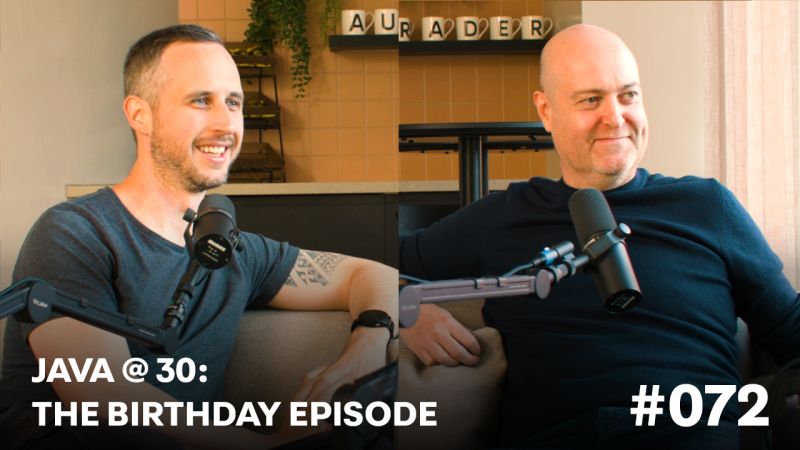The 4G auction – the biggest sale of British airwaves in a decade – has raised just £2.3bn for the public purse, a third less than the Treasury was counting on to keep its borrowing in check.
Chancellor George Osborne had hoped to secure £3.5bn in payments from capacity-crunched mobile phone companies vying for more bandwidth, and controversially included this estimate in the last autumn statement in order to show government borrowing would not rise this financial year.
The sum raised is a fraction of the £22.5bn handed over by mobile phone networks in 2000, when the government auctioned the airwaves used for today's 3G services. However, 4G could bring a £20bn boost to the UK economy over the next decade, according to telecoms watchdog Ofcom, which organised the auction.
Matthew Howett, telecoms regulation analyst at Ovum, said the result of the auction was good news for the mobile operators: "Despite all the noise being made about the UK's 4G auction, what you can't hear is the sound of champagne corks popping over at the Treasury … For the mobile operators there must be widespread relief that the amount paid is a mere fraction of the £22.5bn they were asked to cough up during the 3G licensing process."
The Treasury said the number used in the budget was a estimate which had been certified by the Office for Budget Responsibility, and that the actual receipts would be worked into the final calculations when the financial year ends in April. It added that the £1.2bn shortfall on what 4G had been forecast to raise was a fraction of the £1.3tn of spending and tax receipts passing through the Treasury.
Source: The Guardian








